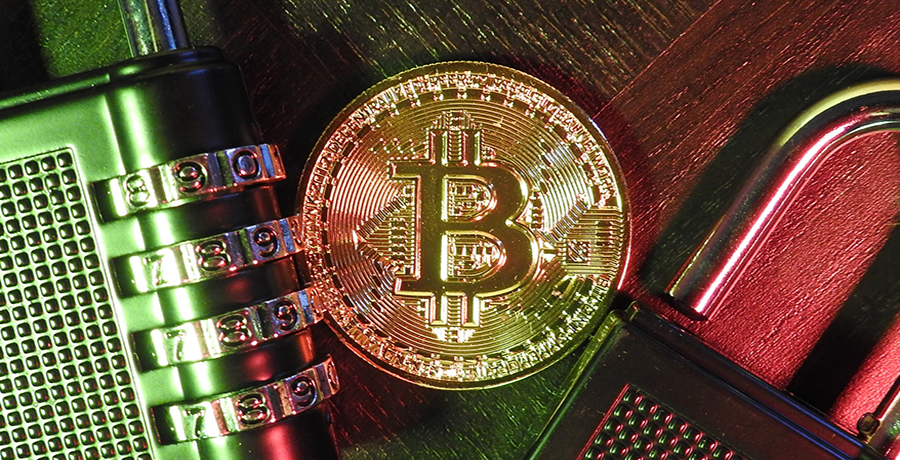
Is your money safe if you keep it in cryptocurrencies?
In the digital age, the allure of cryptocurrencies has been undeniably strong. Bitcoin, Ethereum, and a slew of other digital assets have been making headlines, promising decentralization, reduced transaction fees, and financial inclusivity. However, with their rise in popularity come questions regarding their safety as a store of value. So, is your money truly safe if you invest in cryptocurrencies? Let’s delve deep into the subject.
Volatility: The double-edged sword
The volatility of cryptocurrencies is one of their most distinctive features. On the one hand, this volatility has led to dramatic price surges, turning early investors into millionaires overnight. On the other hand, it can also lead to sharp declines. Bitcoin’s history, for example, is dotted with periods of intense volatility, with its price sometimes dropping by 30% or more within a day.
Key takeaway: While volatility can offer incredible returns, it also means your investments can diminish in value rapidly.
Security concerns: Hacks and breaches
The decentralized nature of cryptocurrencies provides increased security in terms of transactions. Yet, the infrastructure around them, such as crypto exchanges and wallets, can be susceptible to hacks. Over the years, several high-profile crypto platforms like Mt. Gox, Coincheck, and Bitfinex have faced security breaches, leading to significant losses for investors.
Key takeaway: The safety of your cryptocurrencies is closely tied to the platforms and storage methods you choose.
Regulatory landscape: A work in progress
The regulatory environment for cryptocurrencies is still in its infancy. This evolving landscape can impact the safety of your investments. For instance, countries might impose bans on crypto trading or initiate crackdowns on mining, leading to price slumps. On the positive side, clearer regulations can also bring legitimacy and encourage broader adoption.
Key takeaway: A shifting regulatory landscape means the future of cryptocurrencies remains uncertain in some jurisdictions.
Ownership and control: Truly yours?
One of the central tenets of cryptocurrencies is that they provide users with full ownership and control over their assets, eliminating the need for intermediaries like banks. However, this also means the responsibility for the safety of these assets lies squarely with the owner. If you lose access to your crypto wallet or fall for scams, there’s no centralized entity to turn to for recovery.
Key takeaway: With great power comes great responsibility; owning cryptocurrencies requires rigorous security practices on the part of the investor.
Economic models and longevity
Not all cryptocurrencies are created equal. While assets like Bitcoin and Ethereum have established themselves over time, many other digital coins and tokens come and go, often associated with pump-and-dump schemes or projects that don’t have a long-term vision.
Key takeaway: The intrinsic value and longevity of a cryptocurrency are essential factors in determining its safety as an investment.
Cryptocurrencies represent an exciting frontier in the financial world, offering unique opportunities and challenges. While they bring along advantages like decentralization and transparency, they also come with risks linked to their nascent state, volatility, and external threats.
If you’re considering keeping your money in cryptocurrencies, it’s paramount to do your research, diversify your investments, and employ best practices in terms of security. With due diligence, you can navigate the crypto world more confidently, but always remember that investments, whether traditional or digital, carry risks. As with any investment decision, it’s wise to consult with financial advisors and keep abreast of the ever-evolving crypto landscape.
Donate cryptocurrencies for ROLDA
ROLDA’s Guide to Easily Transferring Cryptocurrency Wallet-To-Wallet



